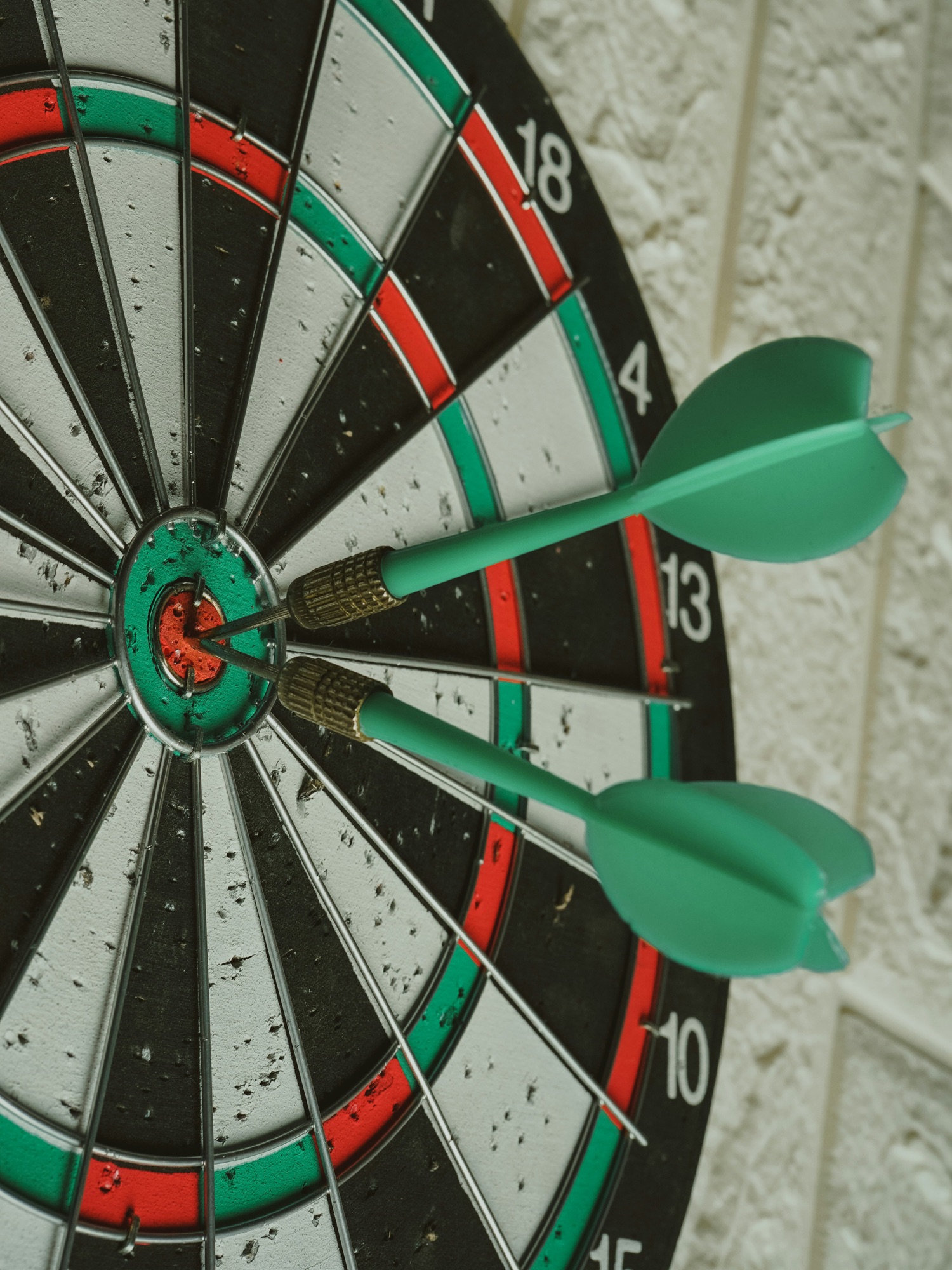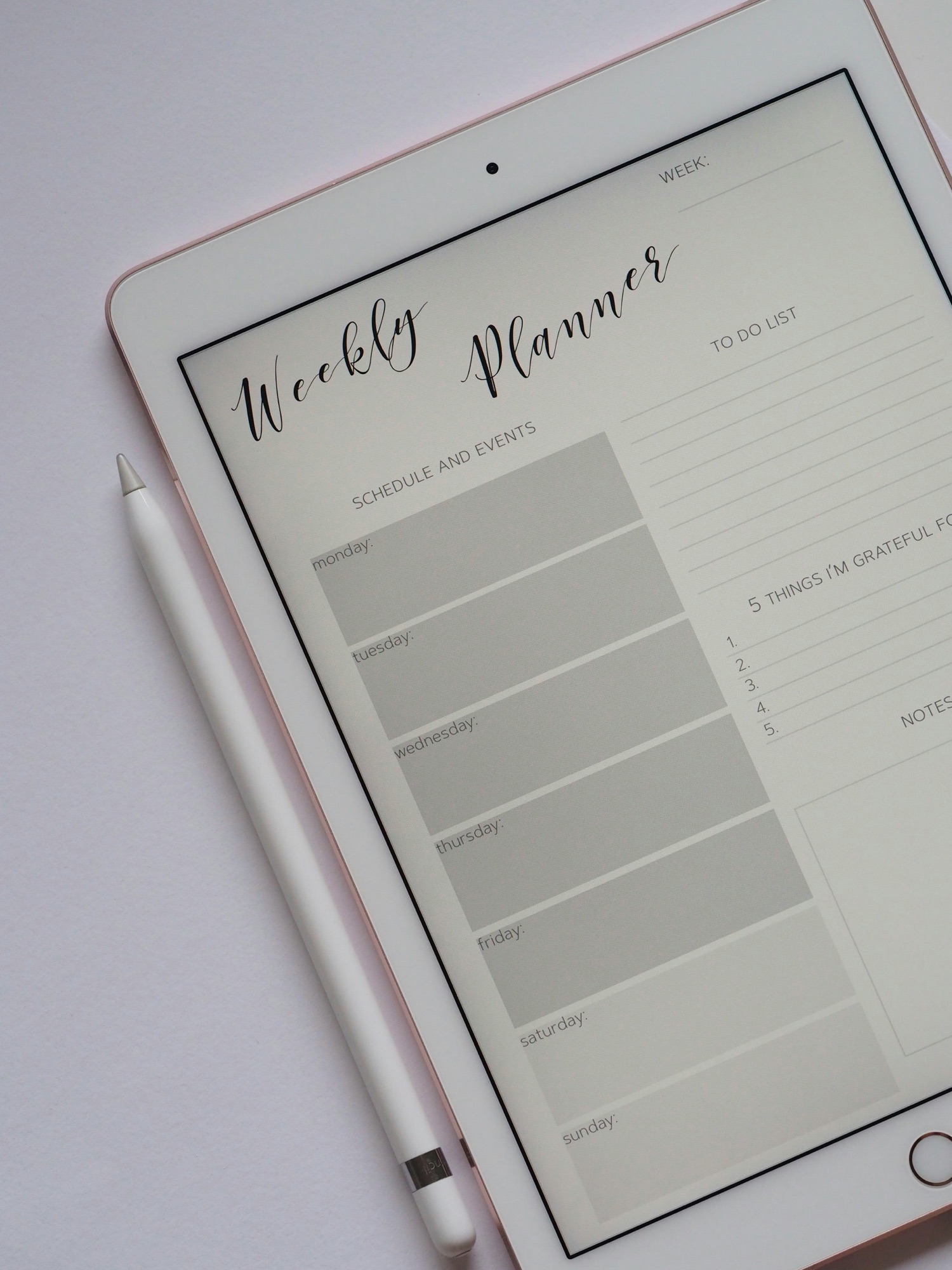How to Stay Focused While Working From Home: A Proven Guide
Working from home can feel like a dream come true — until distractions take over. Whether it’s social media, household chores, or noisy family members, staying focused from home is easier said than done.
In fact, 67% of remote workers report struggling with maintaining focus during their workday (Buffer, 2024). But the good news? With the right mindset and strategies, you can master focus and boost productivity — no matter where you’re working.
This guide will walk you through practical steps, common pitfalls, and expert-backed techniques to help you stay laser-focused while working remotely. Let’s dive in!

The Challenges of Staying Focused at Home
Unlike traditional offices, home environments are full of potential distractions:
- No set boundaries: Work and personal life often blend together.
- Home interruptions: Kids, pets, deliveries, or TV can pull attention away.
- Digital distractions: Social media, emails, and notifications constantly compete for your time.
- Lack of motivation: Isolation and unclear schedules can lead to procrastination.
Without structure, these distractions can sabotage even the most productive professionals.

Step-by-Step Guide to Stay Focused While Working From Home
1. Create a Dedicated Workspace
Having a designated area for work helps your brain switch into “work mode”. Ideally, this space should be:
- Quiet and free from foot traffic
- Well-lit and ergonomically arranged
- Used only for work-related tasks
2. Stick to a Morning Routine
Just like going to an office, starting your day with intention sets the tone. Try:
- Waking up at the same time daily
- Getting dressed (yes, even pants!)
- Making your bed or meditating for 5 minutes
3. Use Time Blocking & the Pomodoro Technique
Break your day into focused sprints using time-blocking or the Pomodoro Technique:
- Work for 25 minutes
- Take a 5-minute break
- Repeat 4 times, then take a longer break
4. Eliminate Digital Distractions
Turn off unnecessary notifications and consider:
- Using apps like Freedom or Focus@Will
- Blocking distracting websites during work hours
- Setting specific times to check emails
5. Set Boundaries with Family or Roommates
Communicate your work hours clearly. You might also:
- Use a “Do Not Disturb” sign
- Agree on quiet hours
- Explain the importance of uninterrupted work time

Best Practices to Stay Consistently Focused
Start Your Day with Intent
Avoid checking emails first thing in the morning. Instead, spend the first 30 minutes planning your day or doing light exercise.
Set SMART Goals Daily
Setting Specific, Measurable, Achievable, Relevant, and Time-bound goals keeps you accountable and motivated.
Track Your Productivity
Use tools like Toggl or ClickUp to track time spent on tasks and identify where you lose focus.
Take Regular Breaks
Short breaks every hour help prevent burnout and improve mental clarity. Try stretching, walking, or hydrating during these moments.
Unplug After Work
Just as important as focusing during work is disconnecting afterward. Set a clear end time and stick to it.
Common Mistakes That Kill Focus at Home
Not Having a Schedule
One of the biggest traps is working whenever you feel like it. Without structure, you’ll likely procrastinate or overwork.
Multitasking
Contrary to popular belief, multitasking reduces efficiency by up to 40%, according to research from Stanford University.
Ignoring Ergonomics
Poor posture and uncomfortable seating can cause fatigue and reduce concentration over time.
Skipping Breaks
Pushing through without rest leads to mental exhaustion and decision fatigue. Take those breaks seriously!
Trying to Be Perfect
Waiting for the “perfect” environment or mindset will only delay action. Start small and adjust as you go.
Expert Tips and Real-Life Examples
Case Study: Remote Team at Zapier
Zapier, a fully remote company with over 300 employees, emphasizes asynchronous communication and structured work blocks. Their employees report higher productivity and job satisfaction when they follow these principles.
Quote from Cal Newport
“The key to deep work is not just scheduling time but making that time sacred.” – Cal Newport, Author of Deep Work
Productivity Hack from a Freelancer
Sarah, a freelance designer, shares: “I use a visual cue — a red lamp on my desk — to signal to my kids that I’m in ‘focus mode’. It works wonders!”

Final Thoughts: Master Focus, Own Your Productivity
Learning how to stay focused while working from home isn’t about perfection — it’s about consistency, awareness, and adapting what works for YOU.
By creating structure, eliminating distractions, and setting realistic goals, you can enjoy the freedom of remote work without sacrificing performance.
Ready to try one of these strategies today? Share your favorite tip in the comments below!
Want more remote work hacks? Subscribe to our newsletter for weekly productivity tips!
Check out these related articles to boost your work-from-home setup:
- Top 10 Tools to Boost Remote Work Productivity
- How to Build an Ergonomic Home Office
- Time Management Tips for Freelancers
For further reading, explore these authoritative resources:
- The Psychology of Distraction – Psychology Today
- How to Focus Better While Working from Home – Harvard Business Review
Frequently Asked Questions (FAQ)
Q: How do I stop getting distracted while working from home?
A: Identify your top distractions and eliminate them using apps, time blocking, and setting boundaries with others around you.
Q: What time management techniques work best for remote workers?
A: The Pomodoro Technique, time blocking, and the Eisenhower Matrix are highly effective for managing tasks and staying focused.
Q: Can music help me focus better at home?
A: Yes, ambient sounds or instrumental music can enhance concentration by masking background noise and improving mood.
Q: How many hours should I work from home each day?
A: Most experts recommend sticking to a standard 8-hour workday, with scheduled breaks to avoid burnout.
Q: Is it okay to work in pajamas?
A: While comfort matters, changing into work-appropriate clothes can mentally prepare you for the workday and boost productivity.
